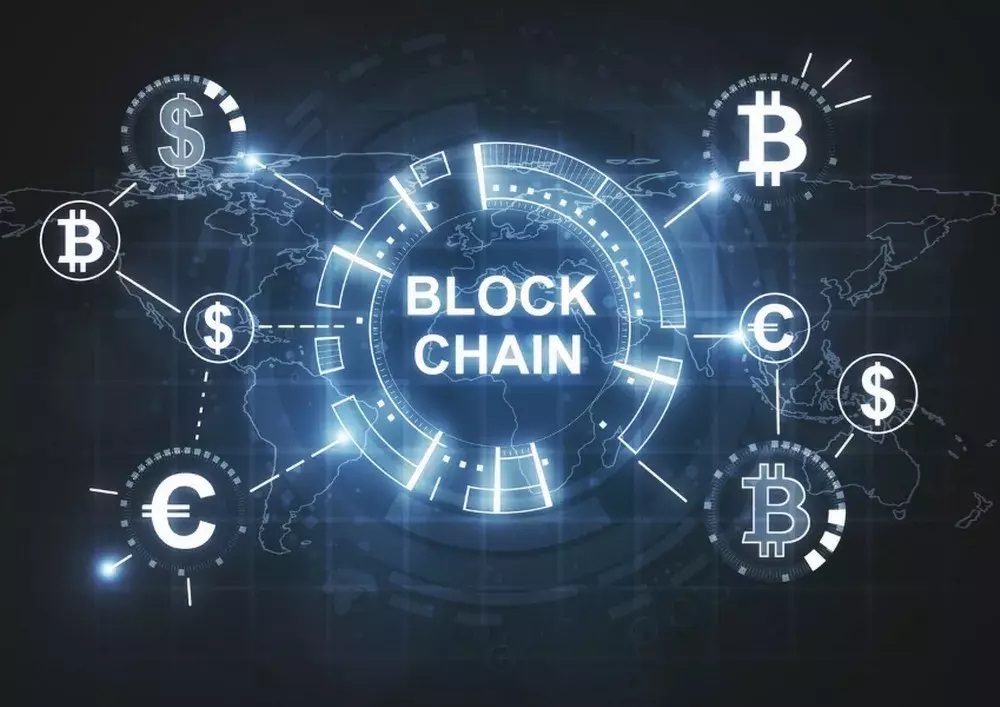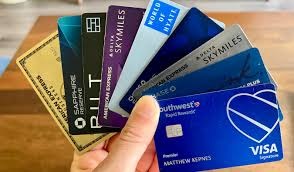
The Vital Role Blockchain Developers Play
Blockchain technology has grown into one of the most important technological assets and tools available to modern businesses and concerns, offering a wide rang of applications across multiple platforms, and with more uses coming online daily. Basically, blockchain is a DLT (distributed ledger technology) that is put in place to create a highly secure pathway for participating members to safely make critical transactions across. The blockchain’s decentralised database is managed by computer nodes spanning a peer-to-peer network, and its main value is its ability to eliminate all single points of potential failure, allowing for a tamper-proof, permanent record to be made of every transaction.
Considering the tremendous value that this untouchable level of reliability brings, blockchain is in high demand with more and more developers joining in the process, many of whom are sponsored by specialists like a blockchain agency. These new generations of blockchain developers are engaging in further research and development to create blockchain solutions tailored to practically any industry or organisation that requires the utmost in security and privacy assurance.
The blockchain solutions these developers manufacture may be responsible for maintaining a blockchain network, running the applications over that network, or both. They are invested in designing cutting-edge blockchain applications to run on new networks, studying existing systems to find ways to make improvements on them, as well as evaluating and experimenting with new technologies. Plainly, today’s blockchain developers have a wealth of opportunity ahead of them as their unique skills are becoming more and more sought after!
A blockchain developer’s roles and responsibilities can vary, but they are very likely to include all or some of the activities listed:
- The implementation of security protocols and compliance across the entirety of a blockchain network including the application of cryptographic mechanisms like digital signatures and hash functions.
- Doing research and analysis with the aim to design and customise new decentralised applications, blockchain networks, and consensus protocols for a variety of business needs.
- Evaluating the new tools and technologies that their research is leading to in order to integrate them into existing blockchain networks and applications.
- Engage in the documentation of best practices in the development processes to further increase the implementation of improved blockchain applications and systems.
- The continuing development of monitoring and testing procedures used in the maintenance of blockchain networks, while maintaining a broad focus on various aspects of security measures such as distributed computing, performance, cryptography, and consensus protocols.
- Improving the testing, monitoring, and maintenance procedures of the application stack like back-end systems, decentralised applications, client-side applications, and smart contracts.
Blockchain developers employ a wide range of people skills and soft skills like problem-solving, multitasking, collaboration, and communication, making them versatile enough to help fulfil various other extra tasks. These extra tasks might include their participation in working in a team environment, community projects working on open source, attending meetings with their employer’s stakeholders, and, perhaps most importantly, teaching and mentoring new generations of blockchain developers as they learn the blockchain skills that will continue to carry the concept forward into the future.
Blockchain is here to stay, and its applications continue to grow and expand as blockchain developers continue their important work.






